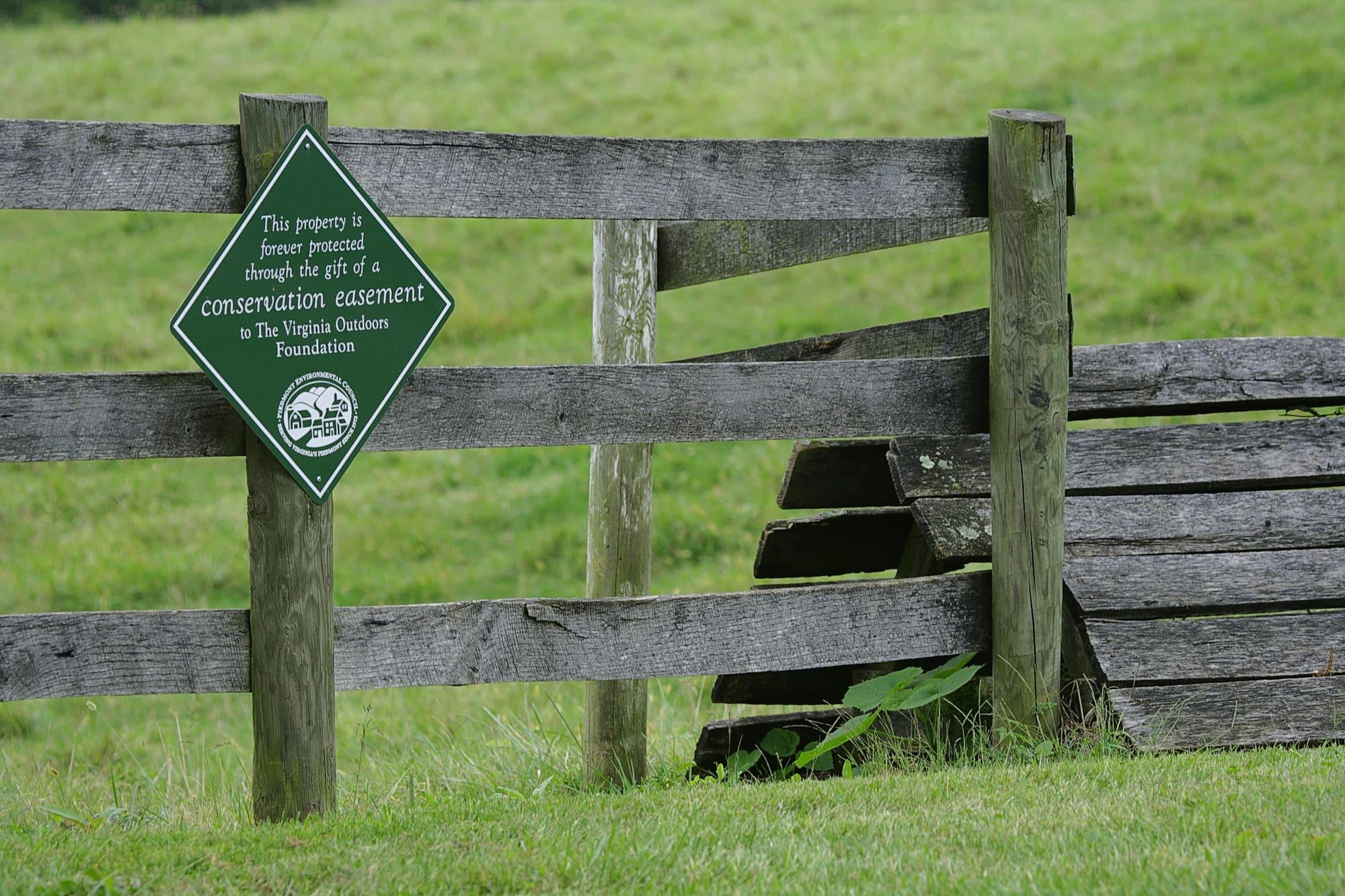In an era where real estate markets fluctuate unpredictably and the value of land continues to soar, preserving family-owned land has never been more critical. As families seek to safeguard their legacy and ensure that their cherished properties are passed down through generations, strategic estate planning emerges as a pivotal tool. This article delves into the best estate planning strategies tailored specifically for preserving family land, offering a comprehensive analysis of techniques that not only protect these assets from potential legal and financial pitfalls but also align with the long-term goals of family stewardship. By examining the nuances of trusts, conservation easements, and tax-efficient transfers, we aim to equip landowners with the knowledge and confidence to make informed decisions that will endure for generations.
Understanding Legal Frameworks and Tax Implications
Delving into the legal frameworks surrounding estate planning is crucial for effectively preserving family land. Understanding the intricacies of property law and tax regulations can empower landowners to make informed decisions that safeguard their assets. Estate planning strategies often hinge on the correct interpretation of laws that govern land ownership, inheritance, and taxation. Key considerations include:
- Wills and Trusts: These instruments serve as the backbone of estate planning, allowing for the clear distribution of assets and minimizing disputes among heirs.
- Conservation Easements: This legal agreement can be a strategic tool for maintaining the ecological value of the land while potentially reducing estate taxes.
- Family Limited Partnerships (FLPs): Establishing an FLP can facilitate the transfer of land ownership to future generations with reduced tax implications.
Tax implications are another critical aspect that cannot be overlooked. Understanding estate and gift taxes is essential for minimizing the financial burden on beneficiaries. Utilizing tax incentives such as the step-up in basis can significantly lower capital gains taxes upon the sale of inherited property. It’s also important to stay updated on any legislative changes that could affect these tax considerations. By leveraging these legal tools and tax strategies, families can ensure the longevity and preservation of their cherished land for future generations.

Utilizing Trusts and LLCs for Asset Protection
In the realm of estate planning, employing trusts and LLCs stands out as a strategic method to safeguard family land. Trusts, particularly irrevocable trusts, offer a robust layer of protection by transferring the legal ownership of assets from individuals to the trust itself. This separation shields the land from creditors and potential legal claims against family members. Additionally, trusts can be tailored to manage the land according to specific family goals, ensuring it remains within the family for generations while also potentially offering tax advantages.
Limited Liability Companies (LLCs) serve as another powerful tool in asset protection. By transferring ownership of the family land to an LLC, families can benefit from the limited liability protection that these entities offer, effectively insulating personal assets from any legal or financial troubles the LLC might encounter. Moreover, an LLC provides flexibility in management and operation, allowing family members to maintain control over the property while minimizing personal exposure. Key advantages of utilizing LLCs include:
- Liability Protection: Safeguards personal assets from business-related risks.
- Management Flexibility: Offers various structures for decision-making and management.
- Pass-Through Taxation: Allows income to be taxed at individual rates, avoiding double taxation.
By integrating these tools into estate planning, families can create a fortified legal structure that not only protects but also enhances the long-term preservation of their cherished land.

Implementing Succession Planning for Generational Continuity
In the realm of estate planning, ensuring the smooth transition of family land across generations is paramount. This involves crafting a comprehensive strategy that not only preserves the land but also maintains its value and significance within the family lineage. A well-structured succession plan should address several critical aspects, from the legal transfer of ownership to the ongoing management of the property. One effective approach is to establish a family trust or a limited liability company (LLC) that can facilitate the orderly transfer of land assets while minimizing tax implications.
Moreover, engaging all family members in the planning process is crucial to foster a sense of shared responsibility and commitment. Key strategies for effective succession planning include:
- Conducting regular family meetings to discuss goals and expectations.
- Creating a written agreement that outlines roles, responsibilities, and decision-making processes.
- Identifying and grooming future leaders within the family to take over management roles.
- Ensuring that all legal documents, such as wills and deeds, are up-to-date and clearly define the distribution of assets.
By implementing these strategies, families can secure the legacy of their land, fostering generational continuity and safeguarding their heritage for years to come.

Incorporating Conservation Easements for Long-term Preservation
Conservation easements offer a powerful tool for those seeking to ensure the perpetual preservation of family land while potentially gaining significant tax benefits. By legally restricting the type of development or usage on a piece of property, these agreements help maintain the natural, scenic, or agricultural characteristics of the land. A well-crafted conservation easement can provide a win-win situation: permanent protection of cherished landscapes and possible reductions in estate and property taxes.
When considering a conservation easement, it’s crucial to work with experienced professionals, including attorneys and land trust organizations, to tailor the agreement to your specific goals and the unique attributes of your land. Key benefits include:
- Ensuring environmental protection by preserving ecosystems and wildlife habitats.
- Maintaining family heritage by safeguarding traditional uses of the land, such as farming or forestry.
- Potentially lowering estate taxes, as the land’s restricted use can reduce its market value.
Incorporating a conservation easement into your estate plan not only aligns with sustainable practices but also secures a legacy for future generations, reflecting a profound commitment to both family and nature.



